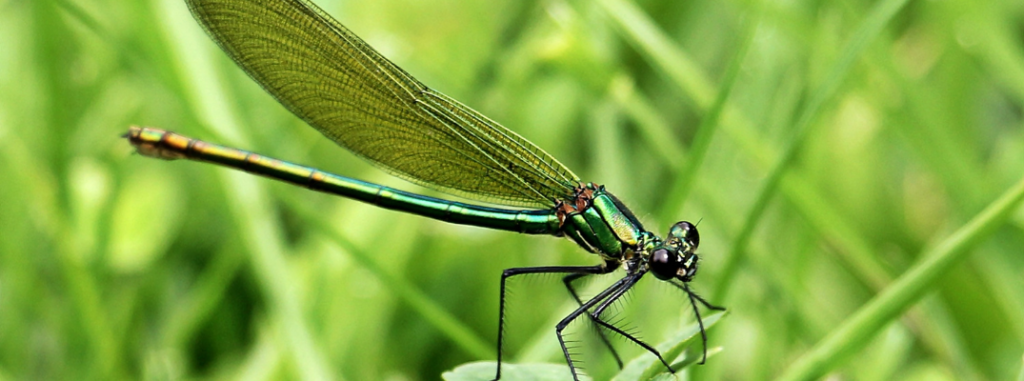According to a global scientific review, more than 40% of insect species are declining and a third are endangered and are going extinct at a rate eight times faster than that of mammals, birds and reptiles.
The total mass of insects is falling at a rate of 2.5% a year, according to data available, suggesting they could vanish within a century.
We are at the start of a sixth mass extinction in history and huge losses have already been recorded in large animals that are easy to study.
Insects are the most varied and abundant animals, outweighing humanity by 17 times. They are “essential” for the proper functioning of all ecosystems, researchers say, as food for other creatures, pollinators and recyclers of nutrients.
The research strongly indicates that the crisis is global and there are established reports in Germany and Puerto Rico.
“Unless we change our ways of producing food, insects as a whole will go down the path of extinction in a few decades,” they write. “The repercussions this will have for the planet’s ecosystems are catastrophic to say the least.”
The report, published in the journal Biological Conservation, points out intensive agriculture as the main driver of the worrying decline, particularly the heavy use of pesticides. Urbanisation and climate change are notable factors too.
“If insect species losses cannot be halted, there will be catastrophic consequences for the planet’s ecosystems and for the survival of mankind,” said Francisco Sánchez-Bayo, at the University of Sydney, Australia, who wrote the review with Kris Wyckhuys at the China Academy of Agricultural Sciences in Beijing.
One of the biggest impacts of insect loss is going to be on other forms of life such as birds, reptiles, amphibians and fish that depends on insects as food. “If this food source is taken away, all these animals starve to death,” he said. Such effects have already been seen in Puerto Rico, where a study revealed a 98% fall in ground insects over 35 years.
A small number of adaptable species are increasing in number, but not at a rate enough to outweigh the big losses.
The world must change the way it produces food, Sánchez-Bayo said, noting that organic farms had more insects and that occasional pesticide use in the past did not cause the level of decline seen in recent decades. “Industrial-scale, intensive agriculture is the one that is killing the ecosystems,” he said.
Rising temperatures due to climate change in areas that do not have industrial farming yet are also thought to be a significant factor to the decline.
Other scientists agree that it is becoming clear that insect losses are now a serious global problem.
Prof Dave Goulson at the University of Sussex in the UK
said; “The evidence all points in the same direction. “It should be of huge concern to all of us, for insects are at the heart of every food web, they pollinate the large majority of plant species, keep the soil healthy, recycle nutrients, control pests, and much more. Love them or loathe them, we humans cannot survive without insects.”
Original Post: The Guardian.

